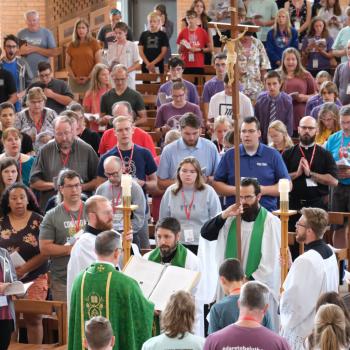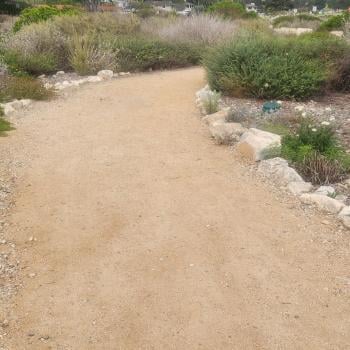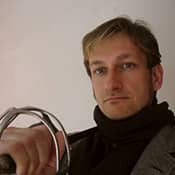Step 3: Learn as Many Skills as You Can
The lord Lugh, the Irish god of heroes, has a nickname: Samildanach. It means roughly "master of all arts" and it was only because of this multipotentialite attitude that he was admitted into the king's court. Ultimately he became king himself.
There's a lesson here, and it's one that heroes need to learn well.
Just as you can never be guaranteed a chance to help or save someone, when the chance does arrive, you have no guarantee what skills it's going to require.
If you really aspire to have an impact on the world around you, and make a difference in people's lives, one of the best things you can do is take every opportunity to learn a new skill. This doesn't have to be an obsession, but if you have a chance, take it.
Going boating with a friend? Ask if you can learn how to pilot the boat.
The kids are talking about a new website? Take some time to learn how to use it.
You get the idea. By adding as many skills to your repertoire as possible, you not only gain the benefits of those individual skills, you redesign your mind to be geared toward learning. Each new skill you pick up is a little easier to learn than the one before it, until eventually you can figure almost anything out on the first few tries. Between your inexhaustible talents and your ability to intuitively understand things, you'll start to seem almost supernatural.
Kinda like a hero.
When you follow these three steps, you get the benefit of a secret fourth step: Dealing Intelligently With Fear. As Matt Langdon says (who teaches kids to be heroes for a living), "A hero is the opposite of a bystander." It's the gumption to take immediate action that marks out a hero.
How can you be brave without taking foolish risks? This is another of the big topics in Walk Like a God, but the good news is it's a natural outcome from the first three steps. Once you're used to leaving your comfort zone and have a million skills at your disposal, you'll feel a lot more prepared to face frightening situations than most people do.
Intelligent bravery is just a natural side effect of self-development. By following the first three steps you'll witness a profound shift in your reaction to fear and stress: a willingness to step up and beat it, and the ability to succeed in doing so.
How many of you want to follow in the footsteps of the old heroes? In many ways, these ideas are a game-changer; most people don't think the Heroic Life is about actually being a hero when they first read about it. They assume it must be a metaphor or a visualization. But what's to stop us from living with the same high ideals as the heroes of myth? Why not spring into action when action is needed, live gloriously, and rattle the world a little bit on the way?
What do you think, Patheos readers? I love seeing your comments, so weight in with your thoughts. Is this something you have an interest in? Is heroism a viable spiritual path in the ex-postmodern world? Where will this path take us?





